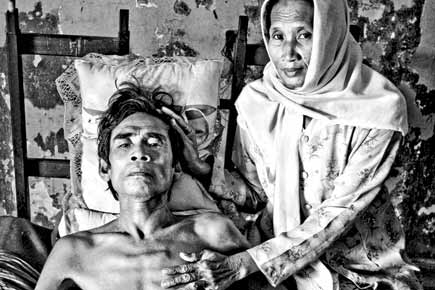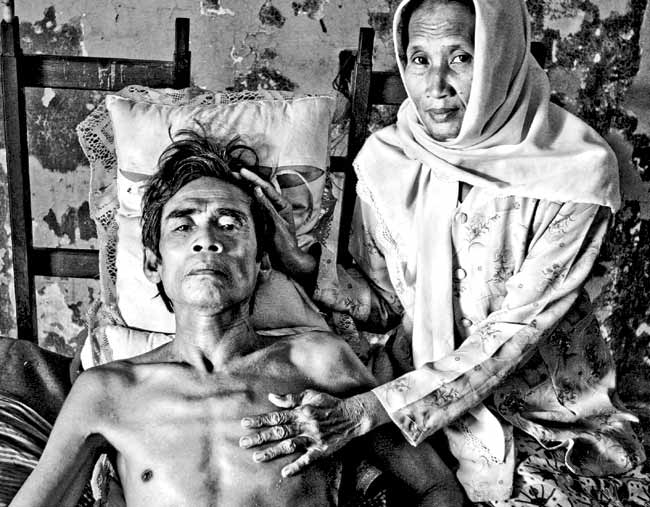Dylan Mohan Gray's Fire in the Blood is a crackling documentary that can’t be missed, especially for the gravity of its subject. It is an expose of Western pharmaceutical companies’ attempts to withhold low-cost antiretroviral drugs

Fire in The Blood
Dylan Mohan Gray’s Fire in the Blood is a crackling documentary that can’t be missed, especially for the gravity of its subject. It is an expose of Western pharmaceutical companies’ attempts to withhold low-cost antiretroviral drugs. The antiretrovirals are basic necessities for patients suffering from AIDS, especially so as there still haven’t been a cure for the great pandemic that was discovered in 1981.

A still from the feature documentary, Fire in The Blood
The documentary asks a host of valid questions. For whom are the medicines made? Who makes these medicines? Is illness a side effect of being poor? Reminiscent of Dallas Buyers Club, the feature documentary goes one step ahead beyond questioning medicines made by big corporates and generic medicines (the same formula outside the patent law) made in developing worlds such as India and Thailand. Several factors argue the documentary’s case in its favour.

Fire in the Blood, directed by Dylan Mohan Gray, Rs 399. Available at Rhythm House and Crossword, May 20 onwards. Also available on Moserbaer’s website.
Firstly, the host of impressive personalities he gets on board — former US President Bill Clinton, Apartheid activist Bishop Desmond Tutu, Cipla owner Yusuf Hamied — are woven together by Academy award-winning actor William Hurt’s voiceover. Secondly, the argument comes together as Gray establishes how Africa has been the worst-afflicted area, how there was unrest as patients had no hope due to lack of drugs. This is voiced by Zackie Achmat, who co-founded the Treatment Action Campaign in 1988, and how Cipla owner and generic medicine manufacturer, Hamied is the game-changer in the entire equation.
A sense of justice arises as a viewer, peppered with pride, as the Indian is the only person to offer the drugs at mere $300 as opposed to $15,000 that other companies such as Pfizer had been offering.
However, once the breakthrough is made, the TRIPS (The Agreement on Trade Related Aspects of Intellectual Property Rights) agreement — sanctioned by the World Trade Organisation that compels patent regulation a necessity in all member countries — remains under-explained. Still, the fiery angst of the feature lingers, as injustice becomes a bitter aftertaste making it a strong argument that should not be ignored.
 Subscribe today by clicking the link and stay updated with the latest news!" Click here!
Subscribe today by clicking the link and stay updated with the latest news!" Click here!









